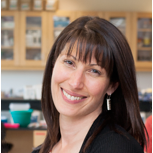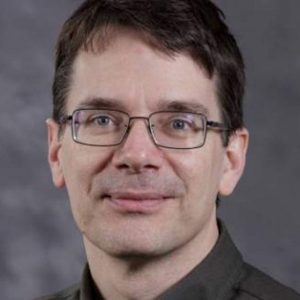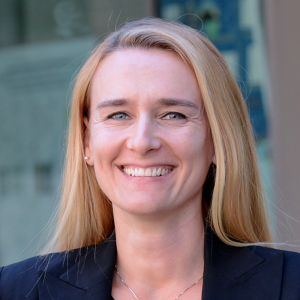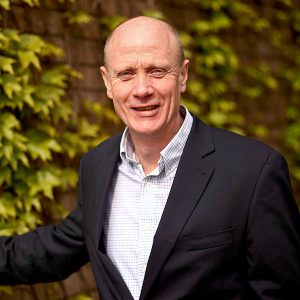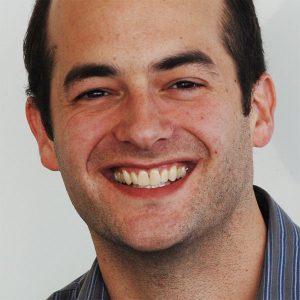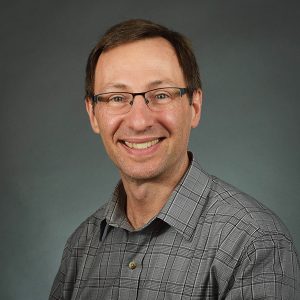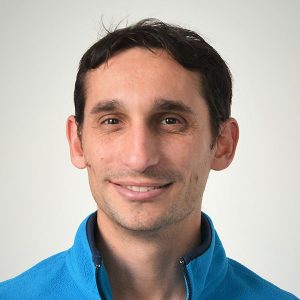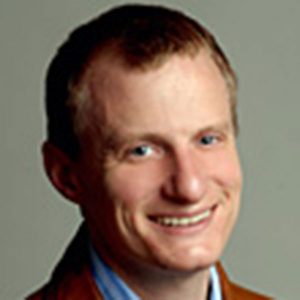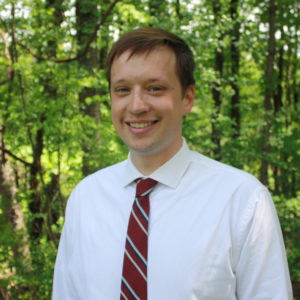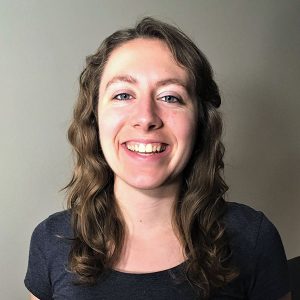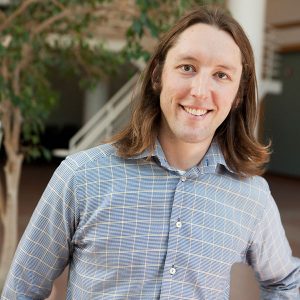
Julius Lucks
Julius B. Lucks is Associate Chair and Professor of Chemical and Biological Engineering at Northwestern University. Research in the Lucks Lab asks fundamental questions about the molecules of life. They are particularly fascinated by how RNA, DNA’s close chemical cousin, acts as a mini molecular computer inside cells, allowing it to continuously monitor the status of itself and its environment. They then translate newly discovered fundamental knowledge into new ways to engineer biological systems for the health of ourselves and the planet, with recent applications to sustainable biomanufacturing and low cost water quality diagnostics.
For his research, Professor Lucks has been recognized with a number of awards including a DARPA Young Faculty Award, an Alfred P. Sloan Foundation Research Fellowship, an ONR Young Investigator Award, an NIH New Innovator Award, an NSF CAREER award, the ACS Synthetic Biology Young Investigator Award, and most recently a Camille-Dreyfus Teacher Scholar Award. Professor Lucks is also heavily invested in helping to train the next generation of scientists and engineers through his co-founding of the Cold Spring Harbor Synthetic Biology Summer Course and his roles as a founding board member of the Engineering Biology Research Consortium. Please visit http://luckslab.org or on twitter @luckslab for more information.
